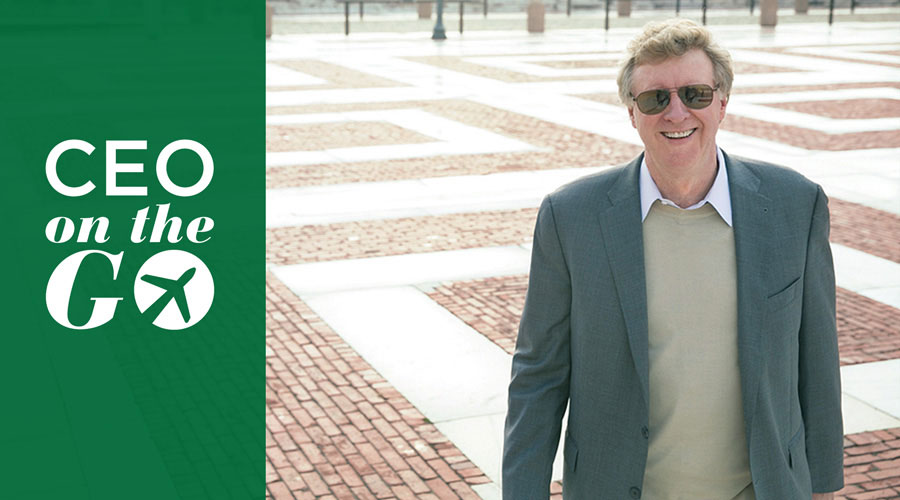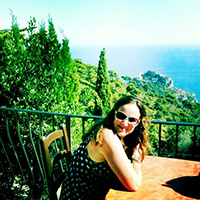
Travel Then and Now: Our CEO Reflects on Industry Changes

February 15, 2018
4 minute read
In this second part of a 12-part series, we’ve sat down with our busy President and CEO, Dan Sullivan, Jr., the passionate world adventurer at the helm of a 100-year-old family-owned company. With over 150 days on the road each year, and recently honoured with a Lifetime Achievement Award from Travel Weekly, Dan clearly has plenty to share with us from his more than forty years of journeys and experiences. In this installment, Dan shares his thoughts on how travel has changed over the years.
How has travel changed since the Sullivan family’s trip to the New York World’s Fair in 1964?
In the ‘60s, there weren’t as many airline routes or airlines, so travelling by coach was how most people got around. Back then, almost no one travelled by air. It was so uncommon, so going to faraway places wasn’t a consideration for most. To get to something like the New York World’s Fair, people would either drive their cars or take a coach, which is what Collette offered. That’s why the World’s Fair was such a game-changer for us. People wanted to travel and our coaches offered them a convenient way to get to the Fair and explore. Once they experienced the benefits of it, they were hooked and Collette was really on the map after that.
Today, people still gravitate to the ease and convenience of touring, and now that air travel is so accessible, those far off destinations are not only considered – they’re some our most popular tours! Most places are accessible and we see people every day who have worked so hard to see their dream destinations or check these items off their list. In fact, it’s the lists that are changing with the industry. TV and the media bring the world closer, so new tourist destinations are constantly trending and we see that and work hard to ensure that the destinations we visit on our programs are diverse and far-reaching.
How have people’s expectations changed?
Around the time of the World’s Fair, travel was simple and the goals of travellers were also simple. There was basically a desire to see a destination and physically be there. Take a picture, write about it. Now, people don’t just want to see the destination, they want to immerse themselves in it – experience the culture, chat with the locals, cook the food themselves, and they want to learn. They want to walk away feeling like they really understood what it means to live there, and they want to feel part of it, not an observer of it.
In Barcelona, for example, we have an expert from a restaurant take our guests into the local market to see how the people live. In Hoi An, Vietnam, we go into the market, pick out ingredients, buy the ingredients and make our own meal. Doing things like this helps you realize very quickly that you’re experiencing a culture that loves its food. It’s all about those immersive experiences now. It’s about challenging the way you see the world through these up-close encounters.
As an avid traveller, what’s your preference: then (simpler times) or now?
Oh now. Absolutely. As my own personal list of destinations has grown, so has my experiences in the places that I go. Earlier in my career, I feel like I visited some of the world’s great destinations. Now, when I return, I know that I’ve experienced these places and there is a difference. Ireland, for example, is a place I’ve been to many times. In the past, I loved the rolling green fields, the scenery, having a pint at a pub and walking the lands of my ancestors. When I travel in Ireland now, and when our tours go, we stay in a castle. We meet an Irish farmer from a family-owned farm who’s making the ingredients of our dinner that night; we see Killarney from an old jaunting car; and we kiss the famous Blarney Stone. It’s immersive and that makes a huge difference.
From then until now, is there anything that remains the same?
That trip to the World’s Fair was a trip my family took. We still continue to explore the world together. That hasn’t changed. How you see the world is different now, but every time you dive into an ancient culture or ceremony, the past is very much a part of the experience. We are celebrating 100 years of business this year and we are very, very aware that the past should be celebrated, as well as the things that change because all of it is so important to the full experience.
